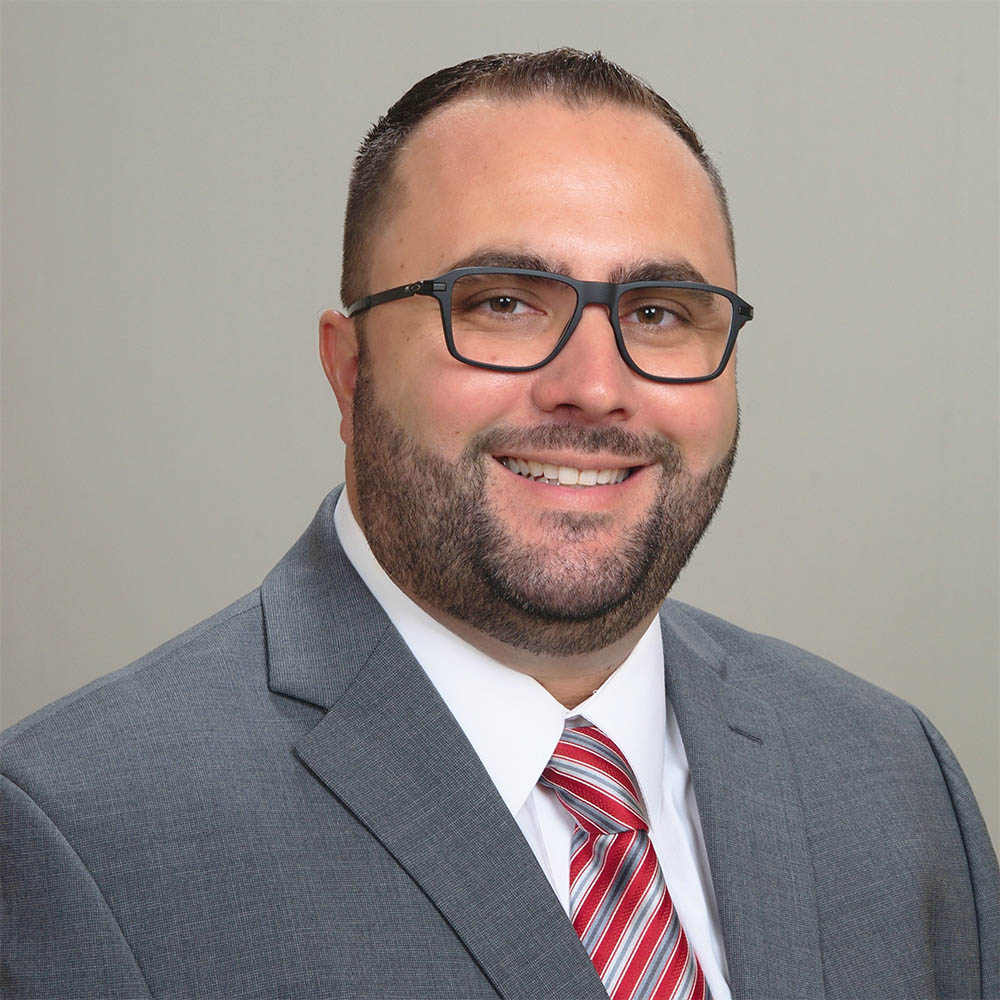If you’re a Coral Springs homeowner, you’re no stranger to the threat of hurricanes and tropical storms. Windstorm insurance is an often-overlooked aspect of homeownership in the Sunshine State that can make a difference.
In this post, Tomlinson Law Group explains the essentials of windstorm insurance in Florida. We’ll explore what it covers, why it’s crucial for protecting your biggest investment, and how to navigate the sometimes murky waters of insurance policies and claims.
What is windstorm insurance?
Windstorm insurance is a specific type of property insurance that covers damage caused by high winds, hurricanes, and other wind-related weather events.
Unlike standard homeowners insurance in many other states, Florida policies often separate wind damage into its own category. This is due to our region’s high hurricanes and tropical storm risk. Some key points to understand about windstorm insurance include:
- Coverage: Windstorm insurance typically covers damage to your home’s structure, attached structures, and personal property inside your home if the damage is caused by wind.
- Deductibles: These policies often have a separate, higher deductible than regular homeowners insurance. The deductible is usually a percentage of your home’s insured value rather than a flat amount.
- Exclusions: While windstorm insurance covers a lot, it doesn’t cover everything. Learn what is and isn’t covered.
- Requirements: Your mortgage lender may require windstorm insurance in high-risk coastal areas.
The first step is understanding what windstorm insurance is and how it works.
Why Windstorm Insurance is Crucial for Florida Homeowners
Florida’s beautiful coastlines and tropical climate come with a price: we’re one of the most hurricane-prone states in the U.S. This makes windstorm insurance essential for homeowners. Here’s why:
- Frequent storms: Florida experiences hurricanes and tropical storms more often than any other state. Inland areas can suffer significant wind damage even if you’re not on the coast.
- High repair costs: Wind damage can be extensive and expensive. The costs can quickly add up to tens of thousands of dollars, from roof damage to broken windows.
- Standard policies may need more: Many standard homeowners insurance policies in Florida either exclude wind damage or have limited coverage.
- Peace of mind: Knowing you’re covered in case of a significant storm allows you to focus on safety and preparation rather than worrying about potential financial ruin.
- Mortgage requirements: If you have a mortgage, your lender will likely require windstorm coverage to protect their investment in your property.
- Continuous protection: Unlike hurricane insurance, which only kicks in when a named storm hits, windstorm insurance covers you year-round for any wind-related damage.
Remember, the cost of windstorm insurance is typically far less than the potential out-of-pocket expenses you’d face repairing significant wind damage. It’s an investment in your home’s future and your financial security.
Assessing Your Coverage Needs: How much windstorm insurance do you need?
Determining the right amount of windstorm insurance can be tricky. You want enough coverage to protect your home and belongings but want to avoid overpaying for unnecessary coverage. Here are some key factors to consider when assessing your needs:
- Home value: Your policy should cover the cost of rebuilding your home, not its market value. Remember, land value isn’t included in this calculation.
- Location: Homes closer to the coast or areas prone to strong winds may need more coverage and face higher premiums.
- Home construction: The materials and methods used to build your home can affect its wind resistance. Newer homes built to current wind codes may qualify for discounts.
- Personal property: Remember your belongings. Inventory your possessions and ensure your policy covers their replacement value.
- Additional living expenses: Consider coverage for temporary housing if your home becomes uninhabitable due to wind damage.
- Outbuildings and landscaping: Determine if you need coverage for detached structures like sheds or extensive landscaping.
- Deductible: A higher deductible can lower your premiums but means more out-of-pocket expenses if you file a claim. Choose a deductible you can comfortably afford.
Remember, your insurance needs may change over time. It’s a good idea to reassess your coverage annually or after major home improvements.
Common Pitfalls to Avoid When Choosing Windstorm Insurance
While understanding the importance of windstorm insurance is crucial, it’s equally important to be aware of potential pitfalls when selecting a policy. Here are some common mistakes to avoid:
- Underinsuring your property: Don’t make the mistake of insuring your home for its market value rather than its replacement cost.
- Misunderstanding deductibles: Windstorm policies often have percentage-based deductibles rather than fixed amounts.
- Overlooking exclusions: Carefully read what’s not covered in your policy. For instance, many policies exclude flood damage, even if a hurricane causes it.
- Neglecting to update your policy: If you’ve made significant improvements to your home, you might need more than your current coverage. Regular policy reviews are essential.
- Ignoring wind mitigation opportunities: Many insurers offer discounts for homes with wind-resistant features.
- Waiting until hurricane season to get coverage: Many insurers stop writing new policies when a storm is approaching. Be sure to get coverage before the last minute.
By avoiding these pitfalls, you can ensure you’re adequately protected without overpaying or being underinsured.
Protecting Your Home and Peace of Mind
Navigating Florida’s windstorm insurance landscape can be as unpredictable as the weather itself. But armed with the proper knowledge and a solid insurance policy, you can face the storm season with confidence.
We’re committed to helping Florida homeowners understand and optimize their windstorm coverage. Remember, knowledge is power regarding windstorm insurance, and proper legal guidance is your shield. Trust Tomlinson Law Group to be your advocate in the complex world of Florida insurance law. Contact us today for a consultation.


